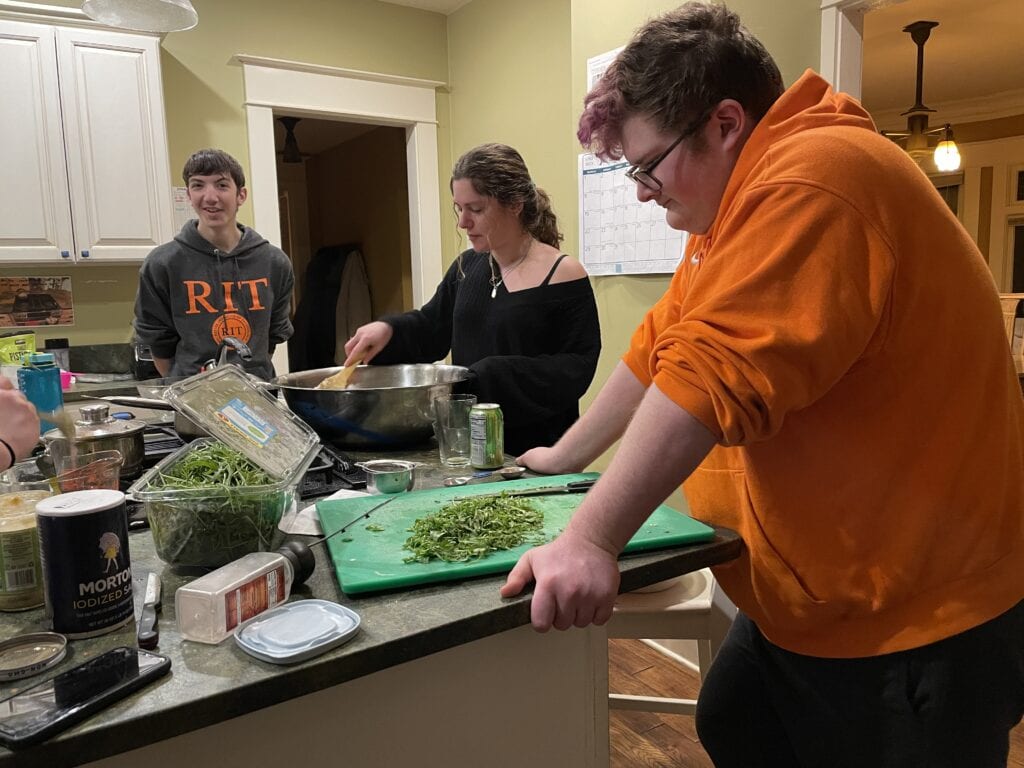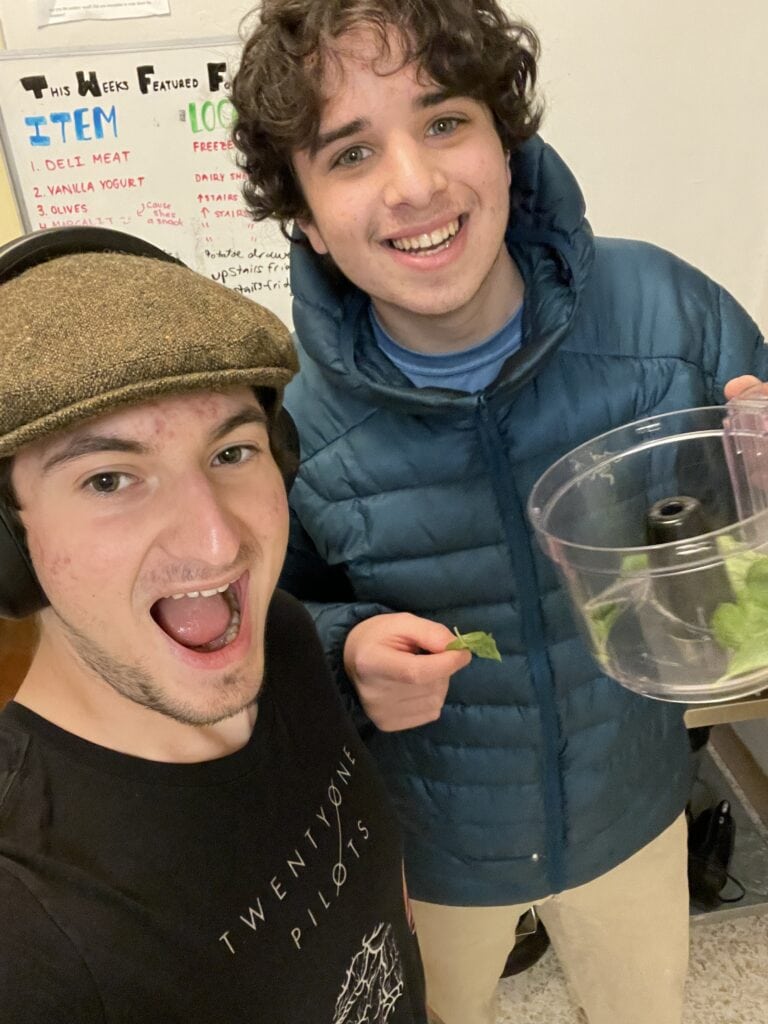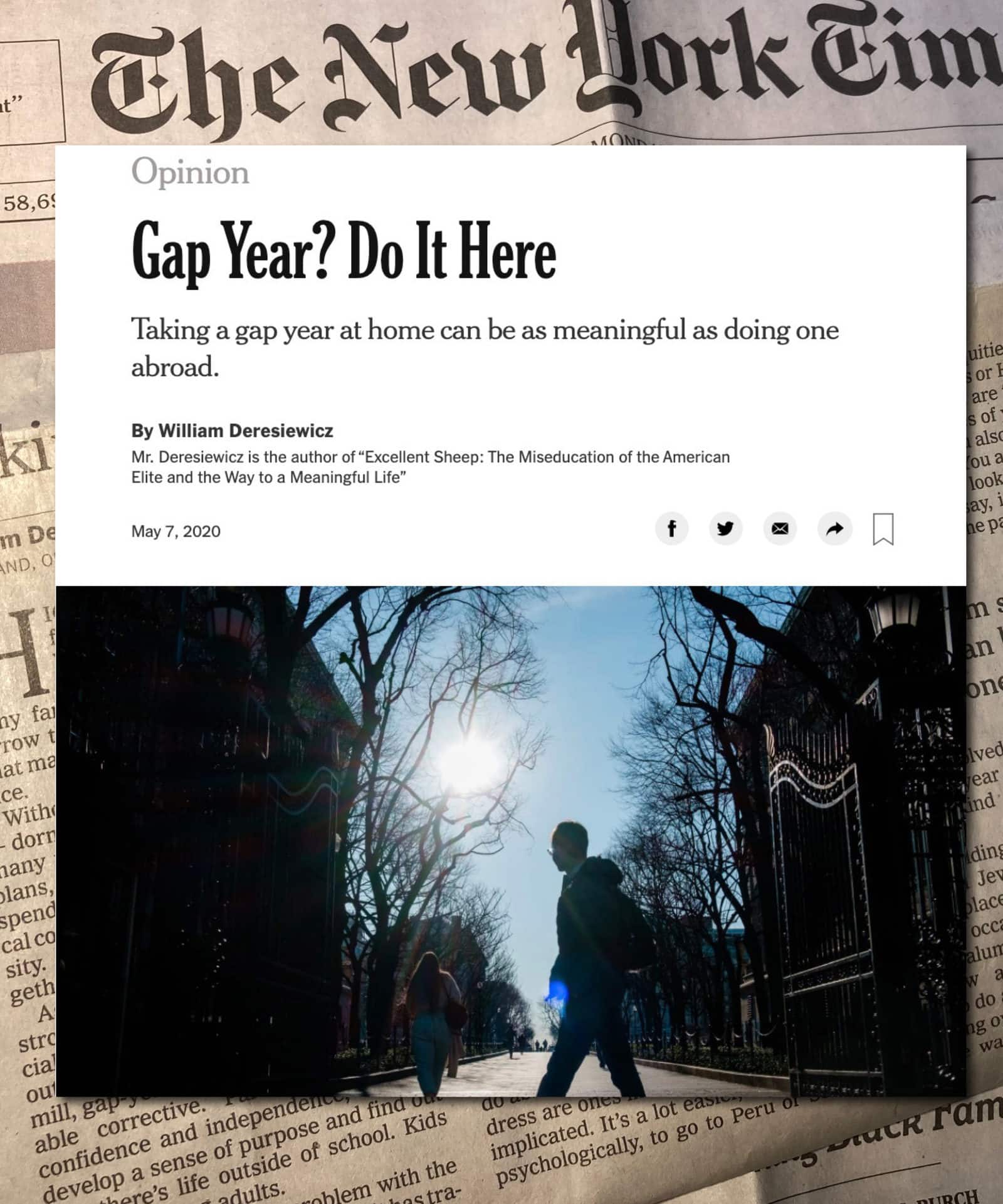This blog post was written by Zac A., a Tivnu gap year participant from New York. Zac interns at the ReBuilding Center and at Tivnu construction. He will attend engineering school in Massachusetts after completing the Tivnu program.
Growing up, I never really had too much pressure about any regular chore routine; when my parents asked me to do something, I’d usually do it, but there was never really any concrete routine that I had to follow. As an only child, the closest thing I had to a sibling was my tortoise, Scooby, and a few goldfish here and there. After coming to Tivnu, I’ve gotten used to a regular chore routine and living with people my age, two things that were new to me. The system of household responsibilities (which we call toranut) rotates every two weeks, so we all get an even workload. And, in addition to cooking and cleaning, toranut includes a few tasks that you wouldn’t expect on a typical chore wheel, like leading our group Torah discussion on Friday nights and documenting our experience through photos and blog posts or participant interviews.
Among these various tasks, I’ve found cleaning up after Shabbat dinner to be one that I really like. I treasure the memories we make during the cleaning process. As we make our way through the dirty pots, pans, cutting boards, and counters, someone puts on music and we’ll all chat and laugh and dance while cleaning. Suddenly, the task at hand is fun.
Cleaning with other people provides an opportunity to hang out with people I wouldn’t normally hang out with. A camaraderie develops when doing all of these chores together, and there is the motivation to do them since we are all doing our part for the T9 community.

One Sunday night before winter break, my friend Izaac and I were tasked with making dinner for our housemates. We cooked dishes from his dad’s recipe book from when Izaac was little. Together we made pasta with a choice of either pesto or tomato sauce. As we cooked, we played some fun and chill music like the song “Tiny Star” from the Over the Garden Wall soundtrack. I liked that we were following a recipe that came from my friend’s childhood, and it made me feel connected to him and his life outside of Tivnu.

Putting the meal together, we talked about the heimish (Yiddish for homey or cozy) stories behind the dishes. When Izaac was little, tomato sauce was one of his favorite things his father made him for dinner.
I’m truly happy that I was given the opportunity to be a part of this community where I can learn and grow. Though an outsider might think toranut sounds annoying or unnecessary, I have found it to be a vessel through which our community can grow.
Follow Us
Sign Up For Updates
Taking a gap year in the US can be as meaningful as doing one abroad.
 Featured in The New York Times
Featured in The New York Times